Ever since I started gardening, I’ve always had a fascination with seeds, and how they can grow into the beautiful and productive plants we enjoy in our gardens each day. It wasn’t until the last few years, that I took on one of the most challenging, yet rewarding aspects of gardening: starting your own transplants from seed.
PART I
1. Advantages of Starting Your Own Seeds
• Access to hundreds of unique and heirloom seed varieties available online or locally
• Control the seedling/transplant’s growth from the beginning
• And of course, a great sense of accomplishment
2. What Do You Need?
Basic eed germination requirements: light, soil, air, water and possibly heat
Light:
• Grow light (strongly recommended) or very sunny window
• Timer – set for a minimum of 12 hours
Water:
• Hand-held spray bottle – good quality one with an adjustable nozzle
• Small watering can or pitcher
• Water storage containers – for room temperature water storage
Soil:
• Soilless seed-starting mix
If you’re mixing your own [not explained in video] you’ll need:
• Peat moss or coir
• Vermiculite and/or perlite
• Compost, sifted
• Small garden trowel and cultivator
• Plastic storage bins w/lids
• Plastic tray or tub – for mixing soil mix and water
• Seed starting containers or trays – peat, plastic, or your own containers
• Labels – plastic or wood – write plant, variety and date
• Permanent marker or pen
PART II
3. What Do You Need?, Con’t.
• Pen, marker, chopstick, etc. to make planting holes
• Towels or blankets to cover area or for cleanup
• Boxes to hold seedlings – from wholesale clubs and grocery stores
• Seeds – current and prior year’s seeds are probably still viable. If they’re older, you can test them.
Optional:
• Heat mat – strongly recommended for seeds that require heat to germinate
• Liquid organic fertilizer – once they start reaching transplant size
Not mentioned in video:
• Calendar or notebook (electronic or paper) – to record dates and notes
4. Mixing the planting mix and water
• Think the consistency of moist cake
5. Planting and watering seeds
• Different ways to make planting holes
• Planting seeds
• Watering the soil mix afterwards


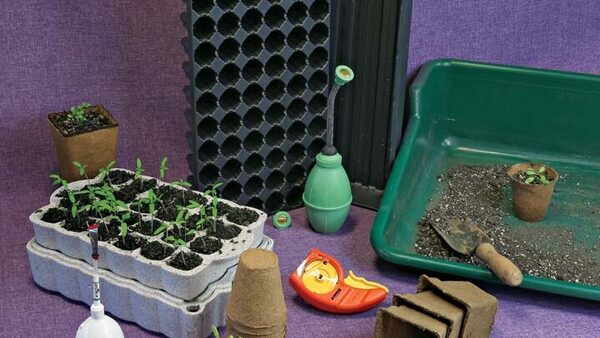
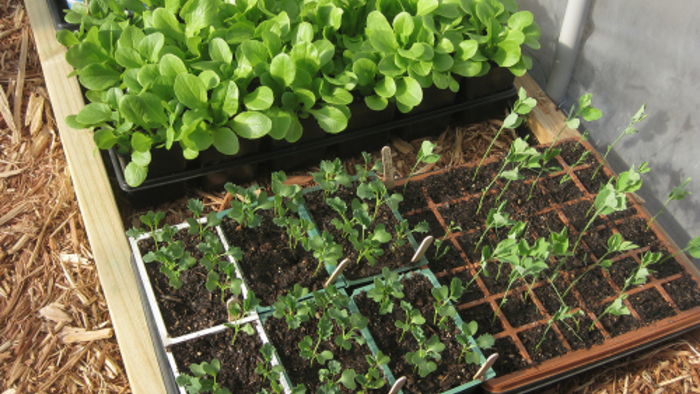


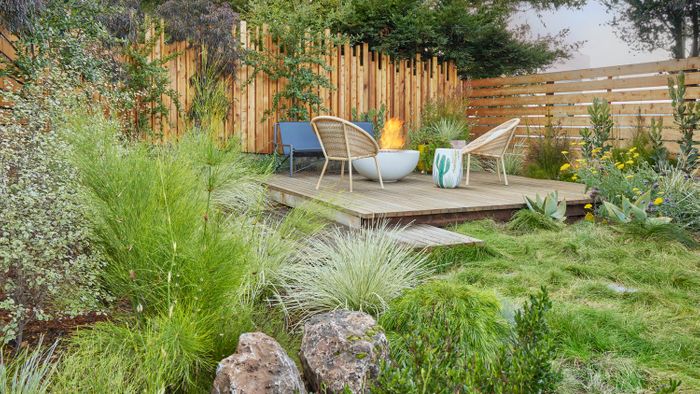
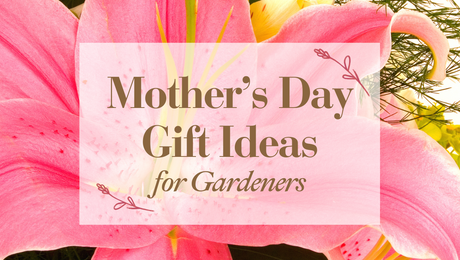
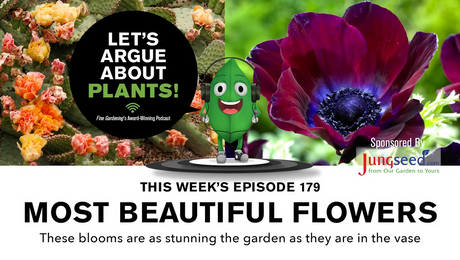










Comments
Log in or create an account to post a comment.
Sign up Log in